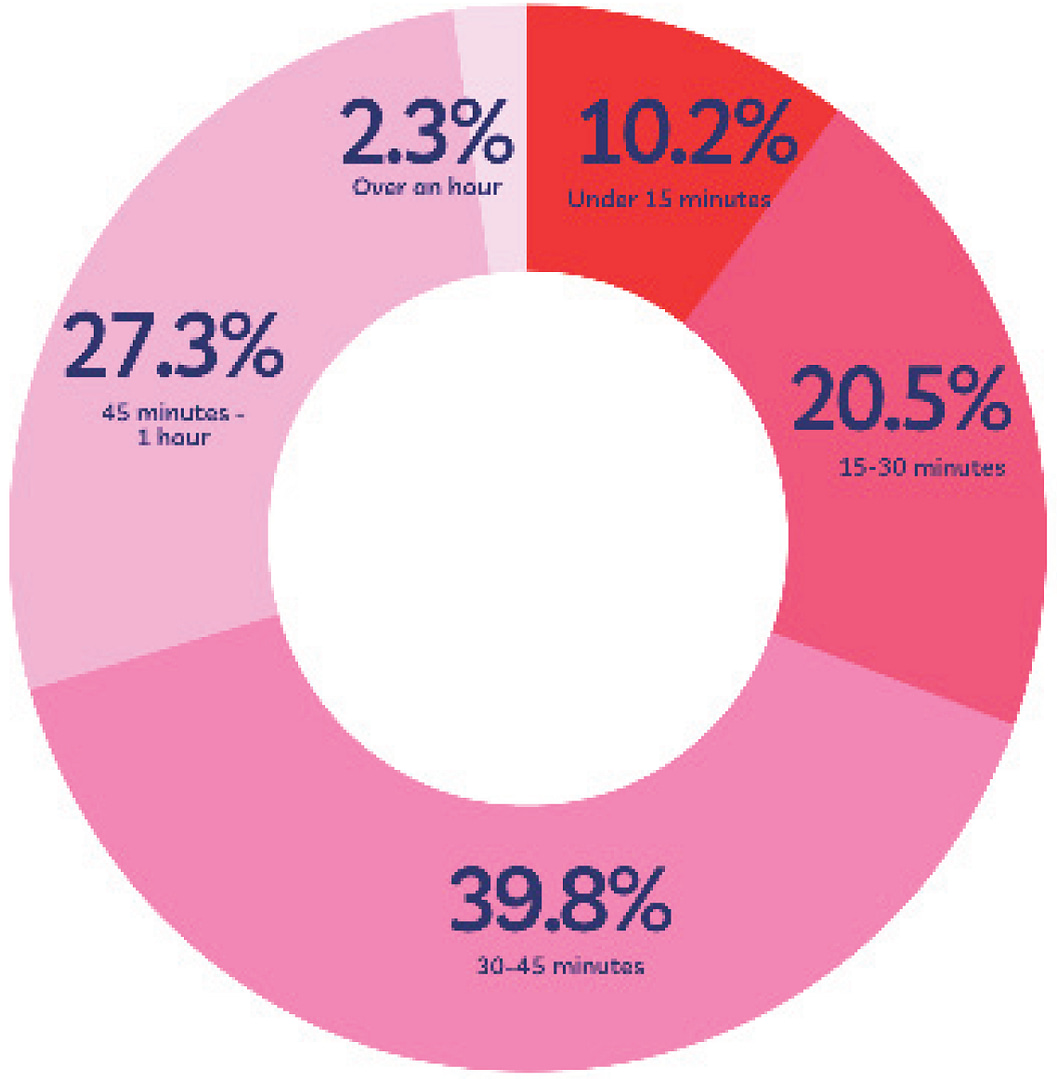Solange Knowles’ third studio album, “A Seat at the Table,” offers a seat for listeners into the turbulent and oppressive world that the black community faces. However, the album nods to self-empowerment and perseverance when confronted by obstacles like oppression and stereotypes.
“A Seat at the Table,” released on Sept. 30, received critical acclaim and debuted as the number one album in the nation by topping the Oct. 22 dated Billboard 200 chart. Knowles narrowly edged out Bon Iver’s record “22, A Million” by a margin of 1,000 units.
The album’s first track, “Rise,” does not delve directly into the frustrations of the black community expressed throughout the album; instead, the track acts as an ode to self-empowerment by staying true to one’s self. The track establishes the foundation for the theme of the album. In spite of the adversities a person or a community is presented with, remaining true to yourself is essential.
The first lines of “Weary,” the second song, immediately introduces listeners to Knowles’ frustrations: “I’m weary of the ways of the world.”
From there, the album takes off into addressing the problems Solange experiences being black––but more specifically––a black woman. Solange argues that she and every other black woman has a right to be mad because of the cultural oppression she’s urged to disregard by her oppressors.
Although most of her songs highlight the cultural oppression and stereotypes the African-American community faces, Solange offers her community a song that is solely for them: “F.U.B.U.,” an acronym for a 1990s clothing line known as For Us By Us. The song can be interpreted as an anthem calling all African-Americans to celebrate their successes, push through their challenges and embrace their qualities.
The album wedges various interludes between the songs. The interludes are narrated by her mother Tina Beyincé-Lawson, her father Mathew Knowles, and record label founder Master P. Each interlude offers a personal experience in being black and some of the challenges the narrators faced and continue to face.
The album is a not a cry for help, but instead, a call for empowerment. Solange sheds light on many issues but does not wallow in them. The meaningful lyrics, pristine production and cohesiveness between the songs and interludes creates a masterpiece album that will stand as one of the best albums of the year.






Comments are closed.